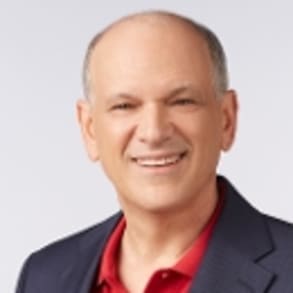Drs. Mayberg, Murrough, and Nestler discuss their current research in developing personalized treatments for depression. Dr. Mayberg is a neurologist renowned for her study of brain circuits in depression and for her pioneering deep brain stimulation research, known as one of the first hypothesis-driven treatment strategies for a major mental illness. Dr. Murrough focuses on research into the variable disease pathways of depression, with the goal of differentiating subtypes of depressed patients and inventing new drugs that target these mechanisms. Dr. Nestler’s research uses animal models to delve into molecular mechanisms of depression, examining changes in gene expression and chromatin structure within the brain’s reward circuitry.
Related Presenters

Helen S. Mayberg, MD, is a neurologist renowned for her study of brain circuits in depression and for her pioneering deep brain stimulation research, which has been heralded as one of the first hypothesis-driven treatment strategies for ...

Director of the Depression and Anxiety Center for Discovery and Treatment
Mount Sinai Health System

Nash Family Professor of Neuroscience
Director of the Friedman Brain Institute
Dean for Academic and Scientific Affairs
Mount Sinai Health System
Dr. Nestler is the Nash Family Professor of Neuroscience and Director of the Friedman Brain Institute. His laboratory studies the molecular mechanisms of drug addiction and depression in animal models. Visit Eric Nestler's Laboratory ...
Related Videos